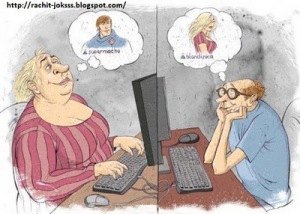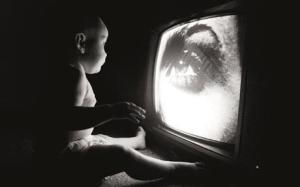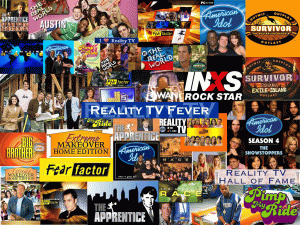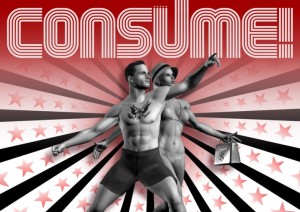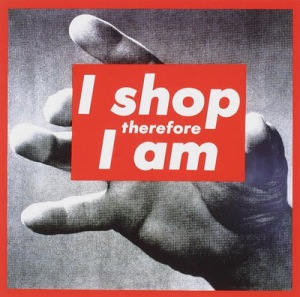The World Wide Web states to bond people. In that regard, it goes well, but only in a surface sense. The sense of closeness that comes with the connection is a delusion, a simulation. That fake nature becomes painfully obvious when you turn to cyberspace for someone to be more than a buddy.
Social media has made this sometimes anxiety-inducing way of getting to know somebody all too simple to avoid. It hypnotizes us all with a false impression of confidence and communication, leading even typically extroverted people to hide behind their laptops, thinking that an online chat is the same as a face-to-face one. At the end of the day, Facebook and sites like it are, as non-verbal communication expert Blake Eastman said, “groups of people that are highly connected online but socially isolated.” He says “we feel that we don’t need to look people in the eyes to communicate anymore; a keystroke has replaced that look. But at the end of the day, we’re designed for human contact, not a computer screen.”
Face-to-face interaction is not as easy as online communication, and that’s why it should feel more gratifying. I think the completion of a challenge feels more enjoyable than that of a simple task. People have feelings, we experience different emotions when we interact with people, we get sweaty, and we get nervous. We hide online to avoid those situations.
While online interaction can definitely serve as a confidence promoter for face-to-face communication, it should not work as a replacement. It’s not a bad place to begin a relationship, but reliance on it directs to a lonely road, in particular when people realize that online chatting is basically the same as a long distance relationship.

